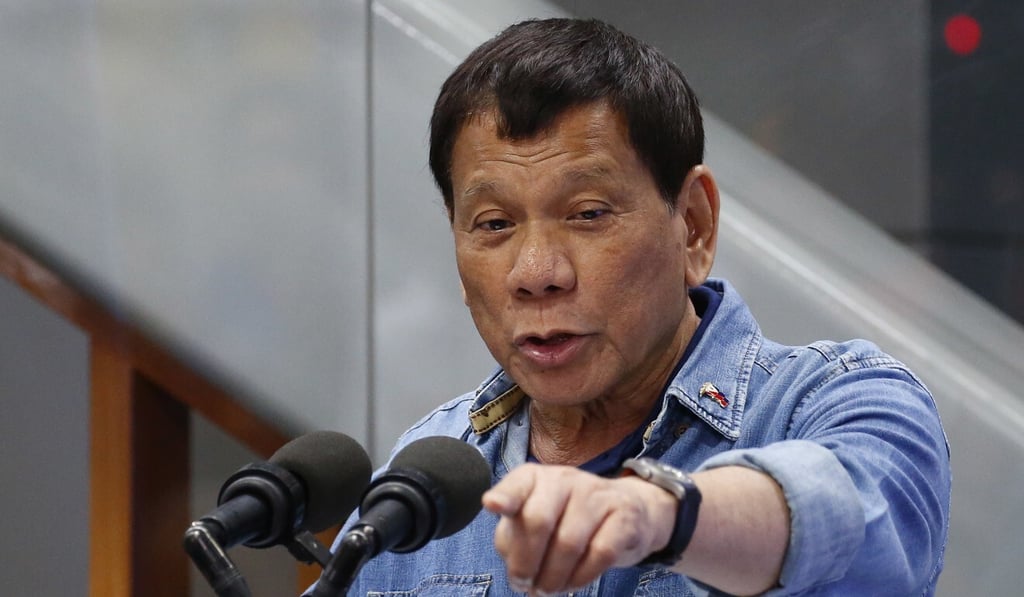Will the Philippines’ anti-terror bill crush communists, or give them a boost?
- The army is keen to use the new legislation to lump the Communist Party of the Philippines in the same category as groups such as Abu Sayyaf
- There are also concerns the act will be used to ‘red-tag’ leftist organisations that hold seats in Congress, pushing some people towards the rebels

Opinions in the Southeast Asian nation have long been split over whether the Communist Party of the Philippines (CPP) and its military arm the New People’s Army (NPA) – which are dedicated to overthrowing the government – should be put in the same bracket as terrorist groups operating in the Philippines, such as the Abu Sayyaf and the Bangsamoro Islamic Freedom Fighters.
Lieutenant General Cirilito Sobejana, chief of the Western Mindanao Command, last week spoke collectively regarding the groups when he told reporters the armed forces welcomed the new law “because it added teeth to our effort … to put an immediate end to the many forms of terrorism”.
These include the women’s rights group Gabriela, youth organisation Kabataan and the Bayan Muna party, from which he said the army was looking to “cut off the endless supply of fresh recruits”. Being accused by the Philippine authorities of having communist sympathies is a practice known locally as “red-tagging”.
Presidential national security adviser Hermogenes Esperon has openly called these leftist groups “terrorist front organisations”. The former armed forces chief, who did not reply to requests for an interview, wrote in a Facebook post last November that the organisations “recruit, provide logistics, do propaganda, provide bail money and cover up” for the CPP-NPA.

